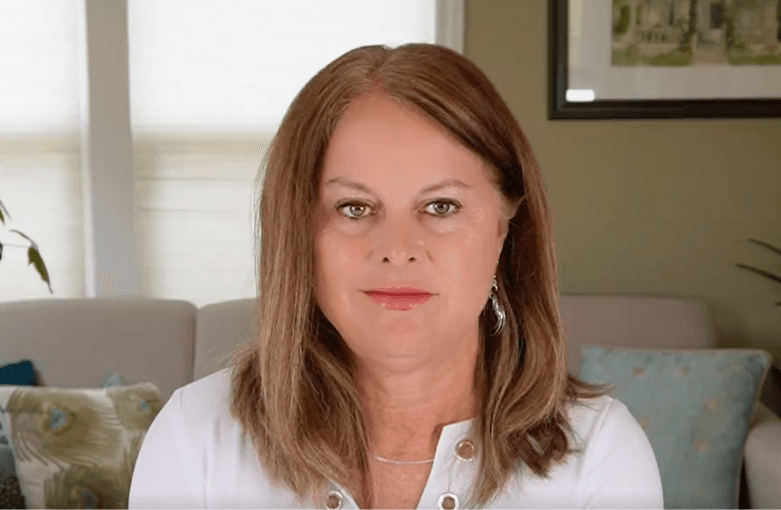An Ontario Superior Court judge recently ruled in favour of retired teacher Carolyn Burjoski, who sued a Waterloo school board for defamation after its chair called her “transphobic.” The victory could influence other cases, lawyers say, as similar experiences proliferate at school board and city council meetings across the country.
At a Waterloo Region District School Board (WRDSB) meeting last year, then-chair Scott Piatkowski cut off Ms. Burjoski’s delegation, saying it violated the Human Rights Code. Ms. Burjoski was discussing books available to schoolchildren that she felt made gender change seem “cool” and easier than it is in reality.





